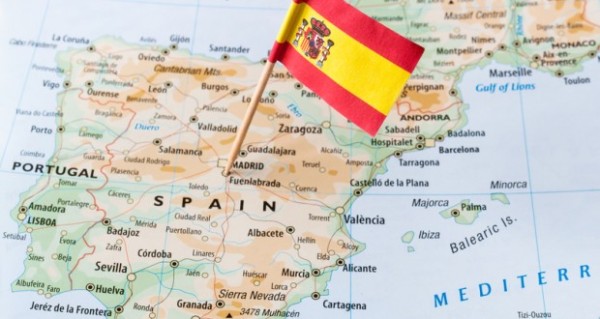
Relocating to Spain offers an enriching experience filled with cultural diversity, pleasant climate, and a high quality of life. To ensure a smooth transition, it’s essential to understand the various visa and residency options available, along with the necessary requirements and procedures. To answer the question, how to relocate to spain, we can consider following necessary requirements and procedures.
1. Determine the Appropriate Visa or Residency Permit
Spain provides multiple pathways for individuals seeking to relocate, each tailored to different professional and personal circumstances:
- Digital Nomad Visa: Introduced as part of Spain’s Startup Law, this visa caters to remote workers and freelancers who wish to reside in Spain while working for non-Spanish companies. Applicants must demonstrate a minimum monthly income of €2,640 and can benefit from a special tax regime offering a flat rate of 24% for qualified residents.
- Startup Visa: Designed for entrepreneurs with innovative business ideas or professionals aiming to join Spanish startups as co-founders. Applicants are required to show savings starting from €35,000 and are granted full work rights.
- Passive Income Visa: Ideal for individuals with sufficient savings or stable passive income who wish to enjoy life in Spain without engaging in local employment. A minimum savings of €29,000 is required, and this visa does not confer work rights.
- Working Holiday Visa: Available to citizens of Australia, Japan, and New Zealand aged 18–30, this one-year visa allows individuals to work and travel in Spain. Spain also has a Youth Mobility Program agreement with Canada for individuals aged 18–35, with an annual quota of 1,000 visas.
2. Understand the Benefits of Spanish Residency
Obtaining residency in Spain comes with several advantages:
- Flexible Tax Options: Qualified residents can benefit from special tax regimes, such as the Beckham Law, which offers a flat tax rate of 24%.
- Path to EU Permanent Residency: After five years of continuous residence, individuals may qualify for permanent EU residency, granting broader rights within the European Union.
- High Quality of Life: Spain boasts a cost of living approximately 123% lower than the US and 114% lower than the UK, while maintaining high living standards.
- Freedom of Movement: Residents can travel freely across all 26 Schengen countries without border controls.
3. Application Process
The application process varies depending on the chosen visa or residency pathway:
- Digital Nomad Visa: The process typically takes 1–3 months, with fees starting from €1,900.
- Startup Visa: Applicants can expect a timeline of 1–3 months, with costs beginning at €5,500.
- Passive Income Visa: This pathway usually takes 2–4 months, with fees starting from €3,500.
It’s advisable to consult with immigration professionals or legal advisors to ensure compliance with all requirements and to facilitate a smooth application process.
4. Considerations for a Successful Relocation
- Financial Planning: Ensure you meet the financial requirements for your chosen visa and have a clear understanding of the cost of living in your desired region in Spain.
- Language Proficiency: While many Spaniards speak English, especially in urban areas, learning Spanish will enhance your integration and daily life experience.
- Cultural Adaptation: Familiarize yourself with Spanish customs, traditions, and social norms to ease your transition into the local community.
- Healthcare and Insurance: Spain offers a robust healthcare system. Ensure you have adequate health insurance coverage, as it’s often a requirement for residency.
Relocating to Spain is a multifaceted process that requires careful planning and adherence to legal requirements. By selecting the appropriate visa pathway and preparing thoroughly, you can embark on a rewarding new chapter in one of Europe’s most vibrant countries.

